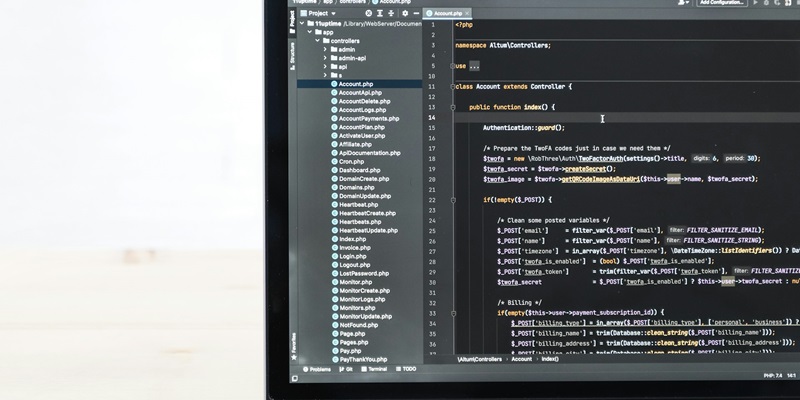The head of the U.S. cyber defense agency was the latest major political target of a swatting attack. Jen Easterly, director of the Cybersecurity and Infrastructure Security Agency (CISA), confirmed reports on Monday regarding an incident that took place on December 30 at her Virginia residence. False calls to the police claimed a shooting had occurred, leading to a swift and dangerous response. This incident sheds light on the concerning trend of swatting attacks that have targeted public officials in recent years.
Incident involving Jen Easterly
Jen Easterly, a highly respected figure in cybersecurity, confirmed the incident involving false police calls, commonly known as swatting. CISA confirmed Easterly as the apparent target of the swatting attack in a statement to Recorded Future News. Swatting is described as “one of the most troubling trends we have seen in recent years” by CISA. This incident highlights the vulnerabilities public officials face in their personal lives.
Other cases of prominent figures targeted
The targeting of Jen Easterly is not an isolated incident. Several other prominent lawmakers and officials have faced similar swatting attacks. Rep. Marjorie Taylor Greene of Georgia and Boston Mayor Michelle Wu are among those who have experienced these terrifying incidents. It is alarming to see that more than a dozen public officials have been targeted in such attacks since the Christmas holiday.
Increasing number of swatting attacks
The rise in swatting attacks is deeply concerning. Reports indicate a worrying surge in the number of incidents involving false emergency calls to authorities. Swatting attempts have even reached the highest levels of government, as evidenced by the recent incident at the White House. In an attempt to sow chaos and disrupt the functioning of our society, perpetrators have resorted to fabricating emergencies that trigger a significant police response.
While Jen Easterly may not possess the name recognition or controversial status of some targeted individuals, her position as the director of CISA makes her an important figure for those against the agency’s funding. Easterly’s largely apolitical stance within the Biden administration should not discount the severity of the attack she faced. Swatting attacks are a threat to the safety and security of public officials, regardless of their political affiliations.
Controversy surrounding CISA
CISA has become a controversial focal point for conservative lawmakers who aim to strip the agency of its funding. The agency’s efforts to secure the 2024 election have faced criticism, leading to increased scrutiny and animosity from some quarters. However, targeting officials like Jen Easterly through swatting incidents is not a productive or justifiable means of engaging in political discourse. It is crucial to address disagreements through legitimate channels instead of resorting to such dangerous tactics.
Efforts to combat swatting
Recognizing the severity of swatting attacks, the FBI established a national online database in May 2023 to track and share information on such incidents nationwide. This initiative aims to enhance law enforcement’s ability to respond effectively and coordinate efforts to prevent swatting attacks. Since the launch of the database, the FBI has already tracked over 120 swatting incidents, underscoring the magnitude of this issue.
The swatting attack targeting the head of the U.S. Cyber Defense Agency sheds light on a troubling trend that exposes vulnerabilities in our society. Public officials, including Jen Easterly, are facing dangerous and potentially life-threatening situations due to false emergency calls. It is imperative that we address these incidents seriously, recognizing the potential harm they can cause to both individuals and the functioning of our government. Swatting attacks undermine public safety, waste valuable resources, and hinder the ability of officials to carry out their critical work. By supporting initiatives like the FBI’s online database and promoting dialogue around swatting, we can work towards eradicating this dangerous trend.

